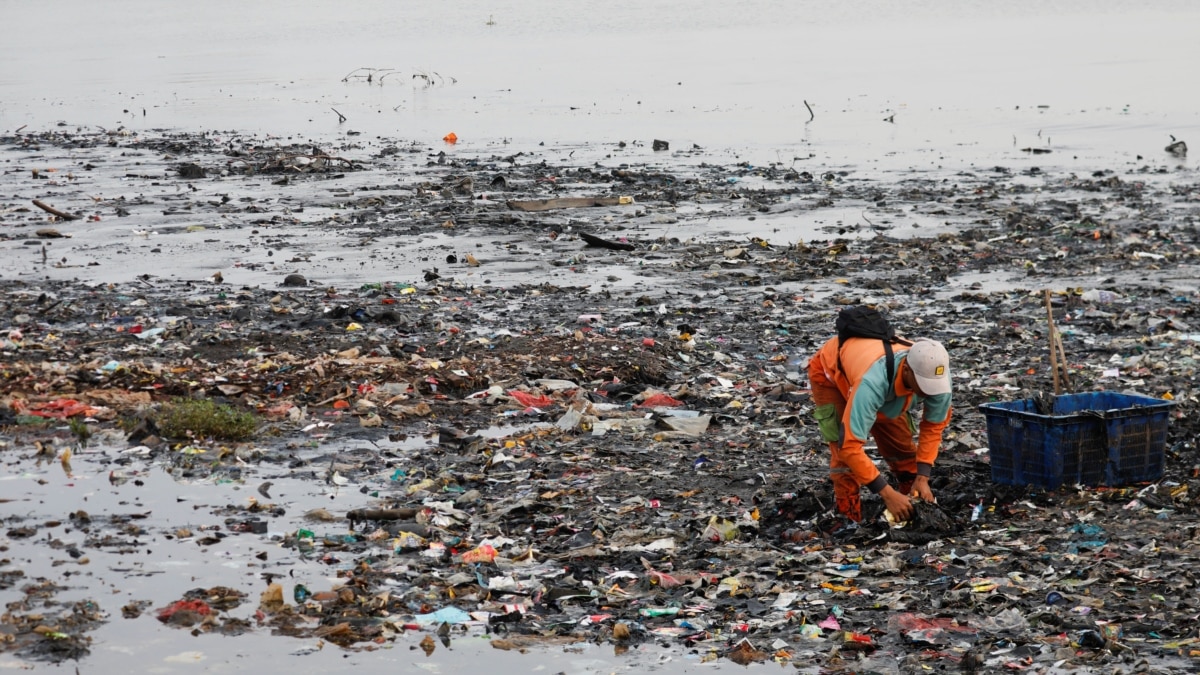
This article was originally published on VOA News - Science. You can read the original article HERE

Global concerns over plastic pollution and cuts to fossil fuel use are behind a new Australian-led initiative to develop a new generation of 100 percent compostable plastic. Experts estimate that more than 170 trillion pieces of plastic are floating in the world's oceans. There are growing concerns about the impact of micro-plastics on health and the environment.
The Bioplastics Innovation Hub aims to “revolutionize” plastic packaging by making biologically-made plastic that can break down in compost, land or water.
The aim is to produce water bottles, for example, using bioplastics derived from waste products from the food industry.
The green plastic scheme brings together the Commonwealth Scientific and Industrial Research Organization, the CSIRO - Australia’s national science agency - and Murdoch University in Perth in a multi-million dollar collaboration with industry partners.
Andrew Whiteley, a CSIRO research program director, told VOA the technology could be ground-breaking.
“What we are really essentially doing is trying to phase out those fossil fuel plastics and bring in this new generation of bioplastics, which take over the roles of the plastics that we have already been using. So it is, really, just that switch over and going forward in a more sustainable way using these bioplastics.”
Australian states and territories have been phasing out various plastics for several years. At the start of September 2024, more items have been banned in South Australia and Western Australia, including polystyrene containers and cups, plastic confetti, and plastic coffee cups and lids.
Chile, Kenya, India and New Zealand have also imposed restrictions on some single-use plastic products, such as bags or cutlery.
But there is a warning that the degradation of everyday plastic items, from packaging and in clothing, is creating microplastics that pollute the environment and pose a risk to health.
Michelle Blewitt is the program director of the Australian Microplastic Assessment Project, a national citizen science organization, which has been monitoring microplastics.
She told the Australian Broadcasting Corp. the microplastic problem is getting worse.
“Micro plastics are particles that are less than 5mm in size and they can break up into smaller and smaller pieces until they become airborne. So, they are found in our waterways and in the air and our homes and certainly on the beaches around our waterways as well.”
CSIRO scientists say the biodegradable plastic scheme is part of Australia's commitment to the United Nations Global Treaty on plastic pollution. It aims to be a legally binding international agreement between 175 countries to reduce the production and consumption of high-risk plastic.
About 98% of single-use plastic products are made from fossil fuels, according to the U.N.
This article was originally published by VOA News - Science. We only curate news from sources that align with the core values of our intended conservative audience. If you like the news you read here we encourage you to utilize the original sources for even more great news and opinions you can trust!










Comments